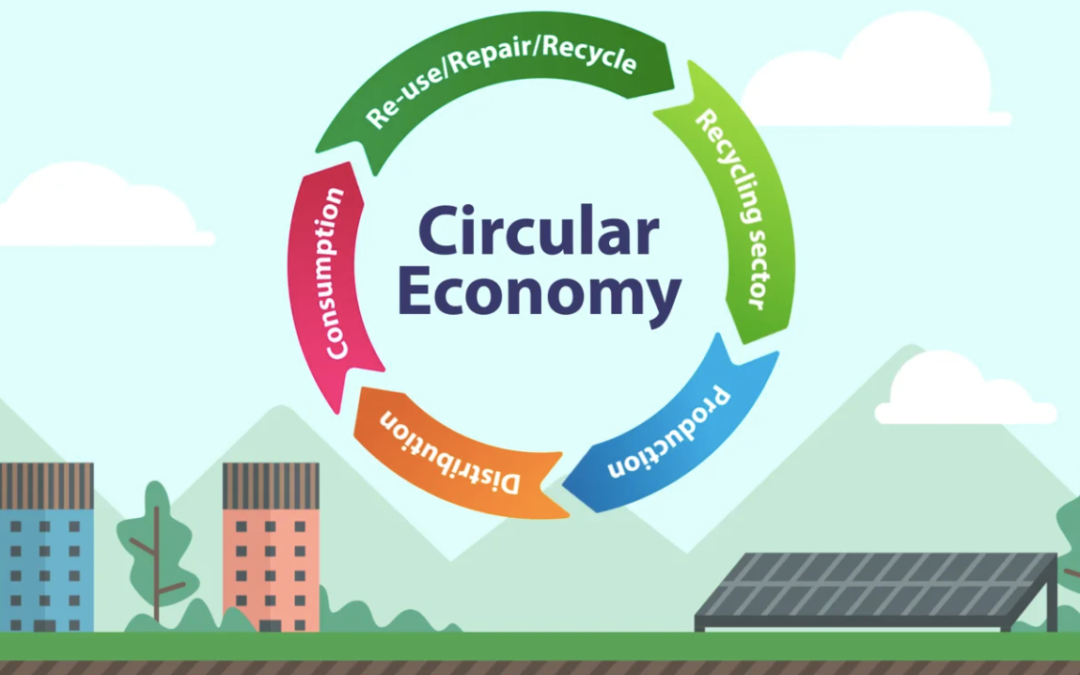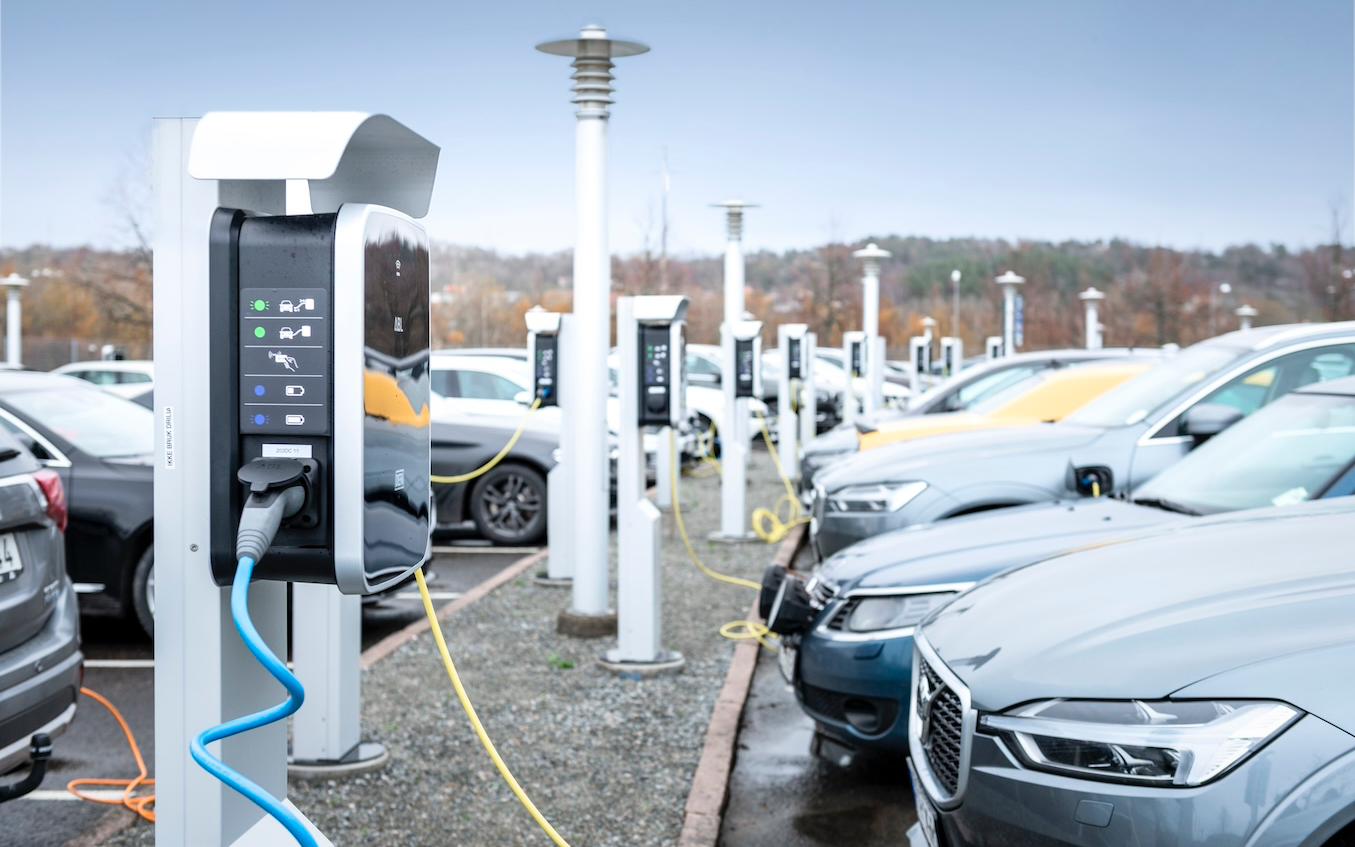Just 15% of healthcare firms say climate change has damaged their business
By Chris Wheal
May 29, 2024

Just 15% of healthcare firms said climate change had impacted their business. Only 30% thought sustainability was primarily about value creation.
Healthcare firms are behind the curve in reporting that climate change has damaged their business and are less likely to connect sustainability issues with value creation.
That’s some of the findings of a survey from a new Morgan Stanley Institute for Sustainable Investing report called Sustainable Signals: Understanding Corporates’ Sustainability Priorities and Challenges.
The survey asked a range of questions to sustainability bosses from public and private companies that had more than $100m in annual revenue, across different industry sectors. A total of 303 individuals were surveyed with 101 each in the US, Europe and Asia Pacific regions.
Value creation
The report found that sustainability was seen as primarily (53%) or partly (32%) a value creation opportunity.
This led Jessica Alsford, chief sustainability officer at Morgan Stanley, said: “Sustainability strategies and core business strategies are converging. Companies increasingly see sustainability factors as integral to the company’s long-term value creation.”
But the healthcare sector was the least likely to report value creation as the main driver. Just 30% of the 20 firms said sustainability was primarily about value creation. Half said it was about both value creation and risk management.
The healthcare firms
The GISC classification for Health Care covers:
- Health care equipment and services
- Pharmaceuticals, biotechnology and life sciences.
The survey included seven healthcare firms in each of the US and Europe, plus six in Asia Pacific. Asked if climate change had already impacted their business, only 15% of the healthcare firms said it had. That was the lowest percentage.
Among all respondents 92% expected climate change to affect their business model by 2050 and almost a quarter (23%) had already seen its effects on their business.
Sustainability is core
Overall, more than half of respondents said that sustainability was a factor in core business decisions such as capex, R&D, lending, new products and M&A. Across the board, companies consistently selected financial issues as the key drivers, enablers and barriers of their sustainability strategies, ahead of non-financial factors such as societal expectations or responsibilities to trade bodies.
When asked how sustainability impacts long-term corporate strategy, value creation was also the most common reason cited by sustainability decision-makers for their company pursuing its sustainability strategy, ranking ahead of legal. Expectations from external stakeholders such as lenders and wider civil society saw much lower response rates.
In Europe, value creation topped the list, with 55% of respondents citing it as a 'very significant' reason. The US placed it much lower, dragging the average down to 50%. In the US, the three biggest reasons were:
- Compliance with government regulation
- Moral obligation to people and the planet
- Expectations from our customers and/or clients
Market response
According to the report, access to capital was a key enabler, with more than 80% of respondents citing support from investors as “very” or “somewhat important” for their sustainability strategy.
Almost three quarters of respondents believed that sustainability could bring rising cost pressures from raw materials, regulation or changing processes. Despite this, more than 80% saw opportunities for sustainability to drive stronger cash flows, higher profitability and higher revenue growth in the coming years.
The report said: “These apparently contradictory views could reflect relatively low visibility on costs, short-term cost headwinds leading to longer term financial benefits or a belief that companies will be able to manage through the pressures.”
Has your business been affected by climate change. Tell us how.







.png)